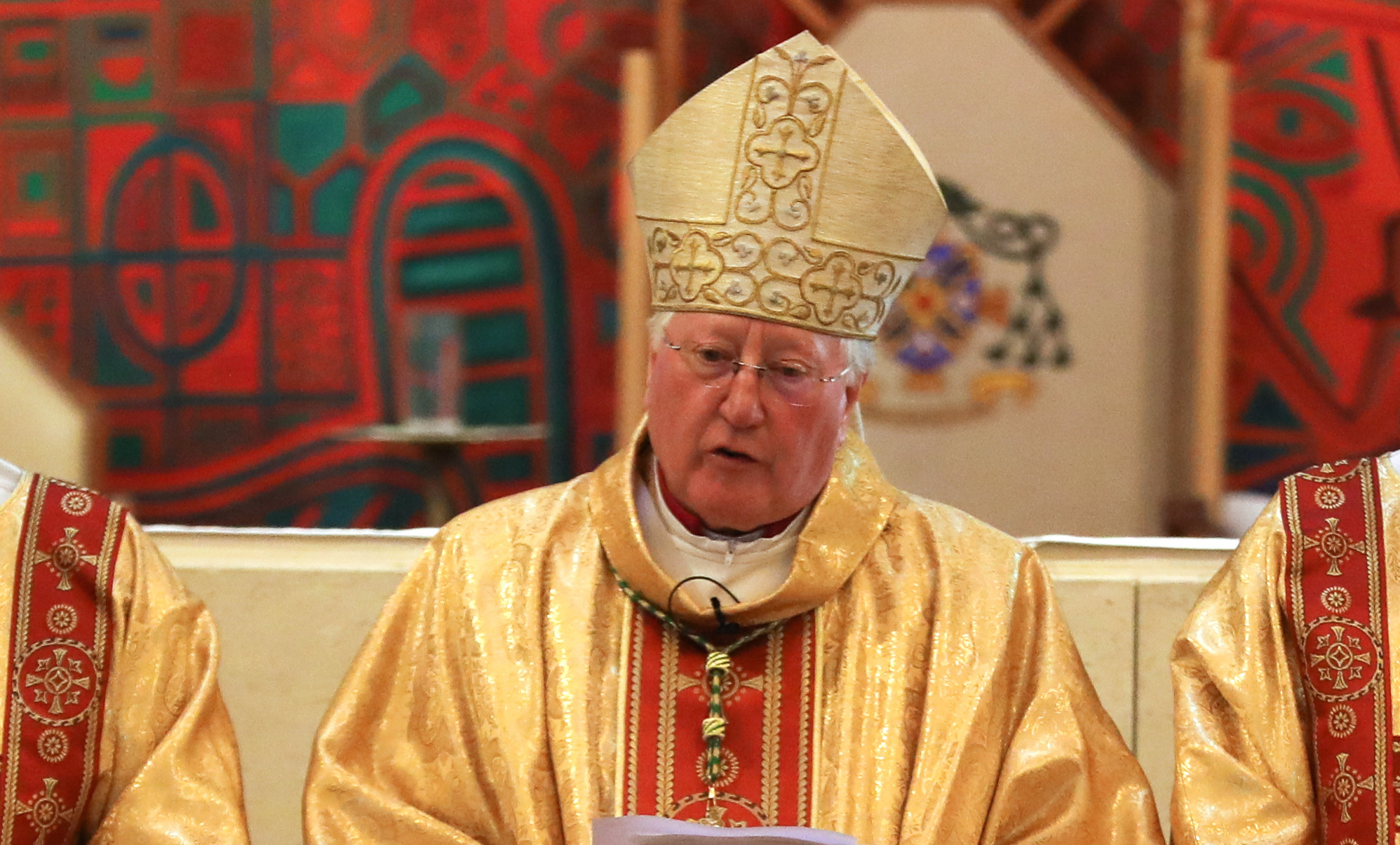As we continue to celebrate the year of “the God who speaks”, it is especially important that, as Lent begins, we focus on the Word of God, and try to listen to that word in a new way. The Sunday readings have a particular structure. The gospels on the first two Sundays tell the same story every year: The Temptation of Jesus in the desert and the Transfiguration.
The Gospels of weeks three, four and five have a special significance for those who are to receive the Sacraments of Initiation at Easter – the woman at the well, the man born blind and the raising of Lazarus. These gospels describe Jesus’ power over sin, and the different forms of sin – individual sin, social sin and the deadly effects of sin. The first readings trace significant events of salvation history, and the second readings highlight a theme which arises in one of the other readings.
On weekdays the scripture develops various themes of Lent throughout the first half of the season. During the second half, however, we hear a semi-continuous reading of St John’s Gospel. The Lectionary chooses those passages that lead up to the death of Jesus. The first readings for the second half of Lent are chosen to match something within the gospel’s theme each day.
The catechumens have been preparing themselves to be born again to new life in Christ with their sins forgiven in the waters of baptism. Those of us who were baptised some time ago need to copy their zeal and realise our need for new life and cleansing from sin. Lent is the perfect season for the Sacrament of Reconciliation. Every parish offers regular weekly opportunities for individual penitents to avail themselves of the sacramental grace, but during this holy season there are often communal events with opportunity for individual confession. Usually these are organised by several parishes coming together so that there are sufficient priests available.
These are the normal forms of the sacrament which the Church makes available to us all the time. General Absolution is restricted to extraordinary circumstances which are most unlikely to occur in our part of the world. Even in Kenya, where numbers for confession could be huge, we were not allowed to use General Absolution.
So all the ingredients are there for us to receive God’s gracious gifts as we await the paschal feasts with the joy of minds made pure. Have a very fruitful Lent!
Yours in blessed hope,

